8 Savings Mistakes To Avoid at All Costs
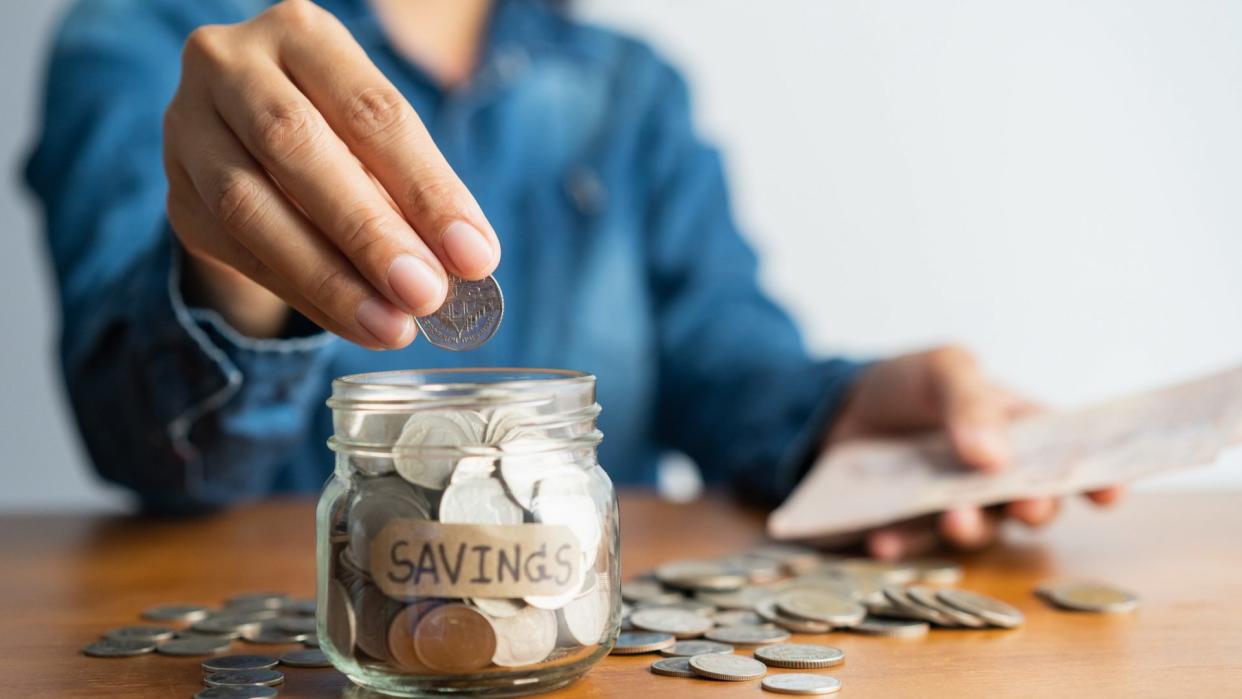
You don't need to know much about finances to know how important it is to save money. Most CPAs and CFPs recommend having at least three months' worth of emergency savings in the bank -- a figure that for many is hard to reach, with millions of Americans unable to cover a $1,000 unplanned expense.
In general, the less you have saved up in cash, the more you'll end up blowing in credit card debt. It's a vicious cycle that can feel impossible to break.
Find: SNAP Benefits Available in Your State in 2022
Advice: 9 Safe Investments With the Highest Returns
While we know how crucial saving money is, we may not always know the best ways to save it. We may be even less aware of the fact that there are indeed bad ways to save. Yes, just as with spending, we can err when saving -- even when our intentions are good. Here's a look at the most common savings mistakes that finance professionals see Americans making everyday.

Failing to Begin
"The biggest savings mistake people make is failing to start saving," said Elle Kaplan, CEO and founding partner of LexION Capital, who recommends the 50-30-20. "50% of each paycheck goes to bills and necessities, 30% to 'wants,' and 20% should be saved and put into an investment account. This works so well because it makes the process of spending less and saving more both simpler and therefore less painful."
This method also should prove helpful because it provides a clear and steady strategy that doesn't require any advanced math skills.
"You save effortlessly without feeling deprived by having a constant focus on budgeting and penny-pinching," Kaplan said. "Set up a regular transfer to occur as soon as your paycheck hits, to make saving the key 20% easy and automatic."
POLL: Where Have You Cut Back Most Because of Inflation?
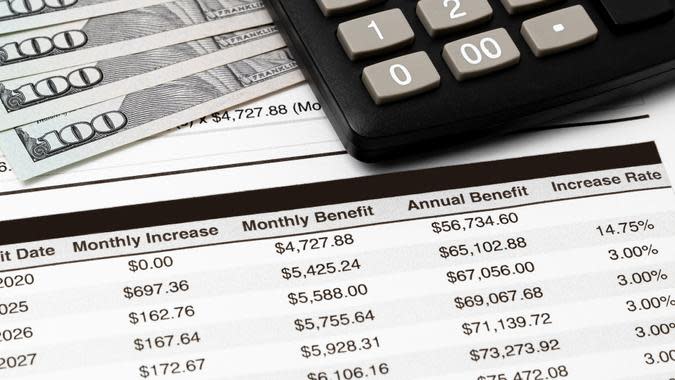
Saving as an Afterthought
"One mistake I see people make when trying to make progress towards a savings goal is to only think about savings after they've done all their spending for the month," said Matt Morris, a financial planner with Sanderling Finance, LLC. "If you wait and only save whatever happens to be left over, it's hard to be consistent."
Morris recommends thinking of savings as a mandatory monthly expense, just like you would an electricity or Wi-Fi bill.
"Automate the process by creating a recurring monthly transfer to savings each month and try to only spend what remains," Morris said. "You can start with a smallish amount at first, and then increase the monthly savings as you get comfortable with a more constrained budget. Over time, you should see your savings grow more consistently."
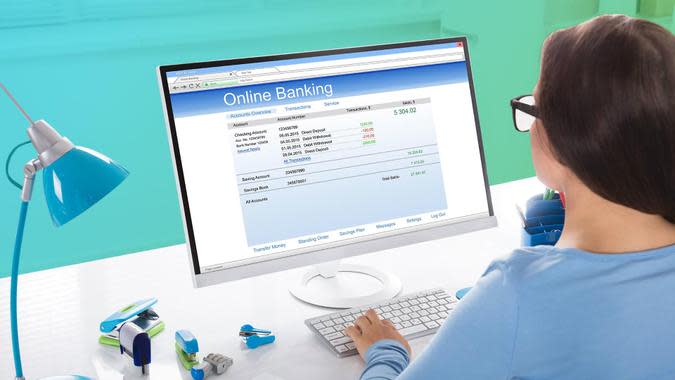
Keeping Your Savings in One Account
"Assuming you have been able to get into the habit of saving, congrats; but, if you're like most people, you might be having your savings going into one account," said Jason Dubon, CFP and founder at DesignWealth. "If you're working towards different goals and they're all flowing into one account, it can be difficult to track how much is dedicated to each. Every time you decide to withdraw from your savings account, the possibility of you unknowingly spending money for another goal is incredibly high."
To solve this potential problem, divide your savings into smaller buckets that can be easier to track.
Important: How Much You Should Have in Your Savings Account at Every Stage of Life
"Rather than setting aside savings into one account, open up multiple accounts -- ideally ones that won't charge a fee -- and begin to allocate," Dubon said. "How you allocate is up to you, but what is important is that you're now able to clearly identify what is dedicated to each goal. What we're doing is introducing the behavioral economics concept of partitioning that is intended to create small barriers, causing a consumer to consider their options and be presented with a new decision point."

Using a Low-Yield Savings Account
"A lot of savings account products in banks offer very low interest rates, which only depreciates the value of the money you store into it," said David Levi, founder of Cryptoner. "The truth about saving in banks with low interest rates is that your money depreciates over time -- unless you put it in a high-yield savings account where it will surely earn generous interest."
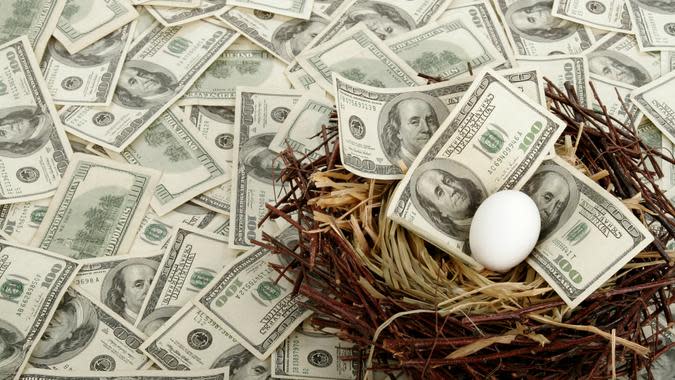
Saving Too Much and Investing Too Little
"The biggest savings mistake people make is leaving too much money in their checking and savings account," said Dewan Farhana, founder of Doctor Finances. "You only need about 3-6 months of an emergency fund in a high-yield savings account, and the rest of the money should be invested. Investing your money rather than saving it is really important for mainly two reasons: It helps fight inflation and also helps your money grow with market returns. Investing your money is the best way to grow wealth for the long term."
Tip: How Much Money You Should Keep in Each Type of Banking Account
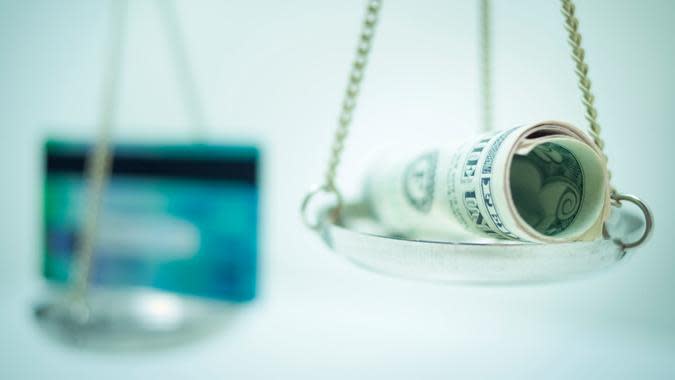
Saving While Living on Borrowed Money
"Saving while living on borrowed money is (a) saving mistake people make," said Lucia Jensen, CEO of WeLoans. "It is equal to lying to yourself, especially by relying on credit cards, loans and overdrafts to pay bills. I consider it a hindrance because, no matter how much you put into the savings account, you still counter it through your expenditure. You spend what you don't own, which is bad behavior since you only increase your debts. If you can't control it sooner, the debt could be more than what you have as savings and may not be easy to recover."
A better way is to create a reliable budget detailing your expenses so you can always review and track your money -- and reel in excessive spending before it happens.
"A detailed budget can also help figure out areas to chop and change to let you save money," Jensen said.
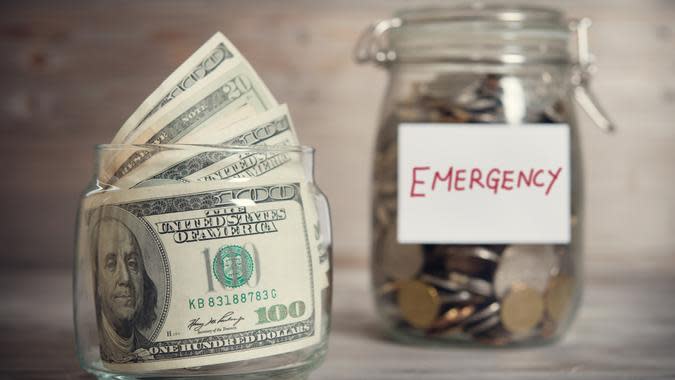
Having Inaccessible Savings
"Saving money is already hard enough. Don't give yourself a tough time by making the mistake of depositing your money in an account with an early withdrawal penalty," said Amanda Sullivan, research analyst at CreditDonkey. "You won't be able to withdraw money for emergency situations; plus, you'll even get penalized for it."
In case of emergency situations, always have 3-6 months of savings in a standard savings account.

Buying Low-Cost Items in Order to Save More
"People frequently believe that the greatest way to save money is to buy whatever has the lowest price," said Matthew Dailly, managing director at Tiger Financial. "While this method may work in some cases, the actual secret to saving money is knowing to buy whatever is the better bargain.
"Buying inexpensive tools that will only last a year or two instead of spending double as much for equipment that will last a lifetime may cost you more in the long term since they will need to be replaced frequently.
"Another example: Instead of buying a cheap cereal containing lots of sugar and very little nutrients, invest in a nutritious cereal that costs a bit more and keeps you healthier."
More From GOBankingRates
This article originally appeared on GOBankingRates.com: 8 Savings Mistakes To Avoid at All Costs

